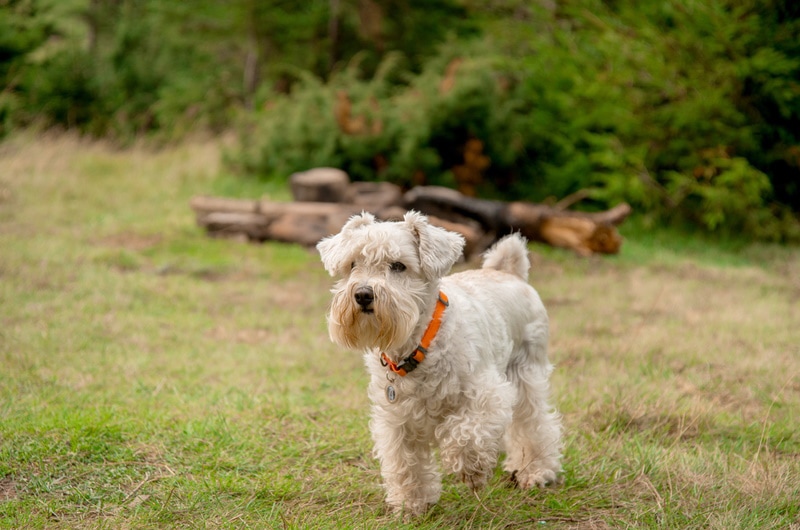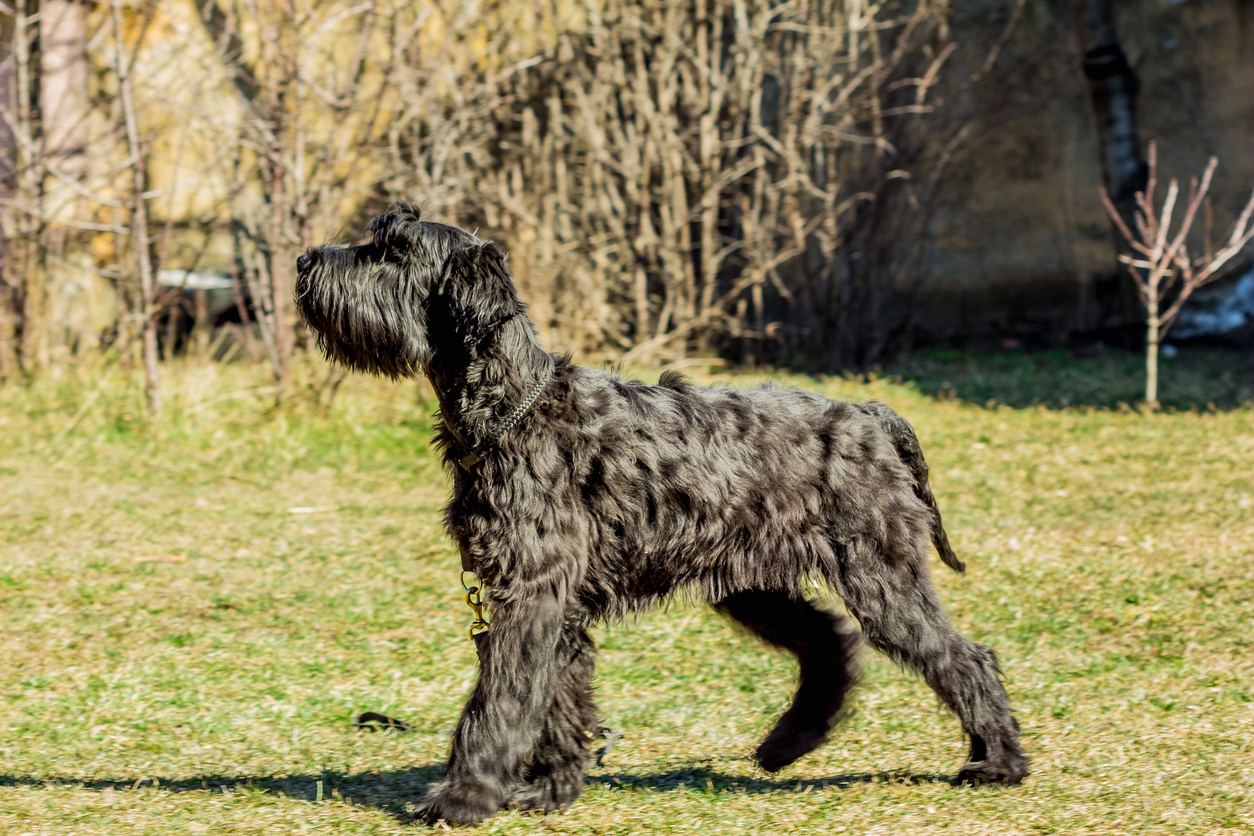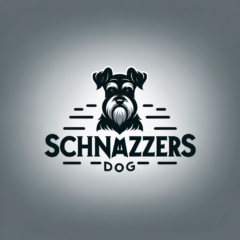Nurturing Your Senior Schnauzer: A Guide to Golden Years
As our beloved Miniature Schnauzers age, their unique needs and health concerns evolve. Understanding these changes and providing optimal care is essential for ensuring a comfortable and fulfilling golden age for our furry companions. In this comprehensive guide, we’ll delve into common health challenges, recognize the signs of aging, and provide practical tips for a happy and healthy senior Schnauzer.
Navigating Common Health Concerns in Senior Schnauzers

While Miniature Schnauzers are generally robust, certain health issues can become more prevalent as they age. Recognizing these concerns early on can significantly impact their quality of life.
- Dental Disease: Dental problems are a common affliction in older dogs, including Schnauzers. Periodontal disease, characterized by plaque and tartar buildup, can lead to tooth loss, gum inflammation, and even systemic infections. Regular dental checkups and professional cleanings are crucial.
- Arthritis: As Schnauzers age, their joints may become stiff and painful due to arthritis. This condition can significantly impact their mobility and quality of life. Consider supplements like glucosamine and chondroitin under veterinary guidance to support joint health.
- Weight Management: Changes in metabolism can lead to weight gain in older dogs. Maintaining a healthy weight is crucial for joint health and overall well-being. Consult your veterinarian for a tailored diet and exercise plan.
- Vision and Hearing Loss: Aging can impair a Schnauzer’s senses. Regular veterinary check-ups can help detect and manage any vision or hearing loss.
- Cognitive Dysfunction: Similar to humans, Schnauzers can experience cognitive decline as they age. This can manifest as changes in behavior, such as confusion, disorientation, or increased anxiety.
Recognizing the Signs of Aging: Subtle Clues

As attentive owners, we can often notice subtle changes in our Schnauzer’s behavior and appearance. These signs can be indicative of aging and may require further investigation:
- Physical Changes: Weight fluctuations, muscle loss, graying fur, and changes in gait can be signs of aging.
- Behavioral Changes: Increased sleeping, decreased activity levels, changes in appetite, and altered social interactions may signal aging.
- Cognitive Decline: Confusion, disorientation, and changes in house-training habits can be signs of cognitive decline.
Nurturing Your Senior Schnauzer: A Holistic Approach

Creating a nurturing environment and providing appropriate care can significantly improve your senior Schnauzer’s quality of life. Here are some key considerations:
- Tailored Nutrition: Consult your veterinarian to determine the best diet for your senior Schnauzer. A diet rich in antioxidants, omega-3 fatty acids, and easily digestible proteins can support overall health.
- Gentle Exercise: Regular, low-impact exercise is essential for maintaining muscle mass and joint health. Consider gentle walks, swimming, or indoor activities like puzzle games.
- Comfortable Living: Provide a comfortable and safe environment with non-slip flooring, easy access to food and water, and a cozy bed.
- Regular Veterinary Check-ups: Schedule regular check-ups to monitor your Schnauzer’s overall health and address any concerns promptly.
- Supplements: Consider supplements like glucosamine, chondroitin, and omega-3 fatty acids to support joint health and cognitive function.
- Mental Stimulation: Engage your senior Schnauzer’s mind with puzzles, training exercises, and interactive toys to prevent boredom and cognitive decline.
- Patience and Understanding: As your Schnauzer ages, they may become less tolerant of change or more prone to accidents. Be patient, understanding, and offer extra support and reassurance.
Conclusion

By understanding the unique needs of senior Schnauzers and implementing these care tips, you can help your beloved companion age gracefully and enjoy a fulfilling senior life. Remember, every dog ages differently, so it’s important to monitor your Schnauzer’s individual needs and consult with your veterinarian for personalized advice. With your love and care, your senior Schnauzer can continue to bring joy and companionship to your life for many years to come.
